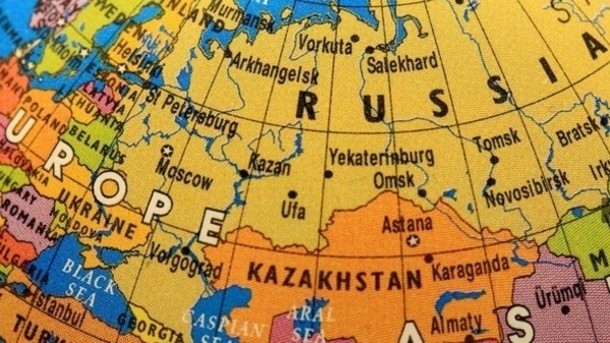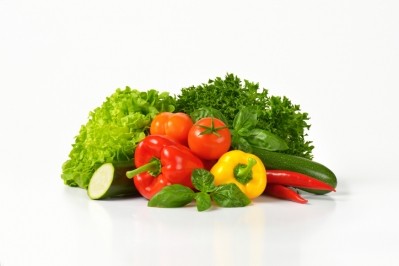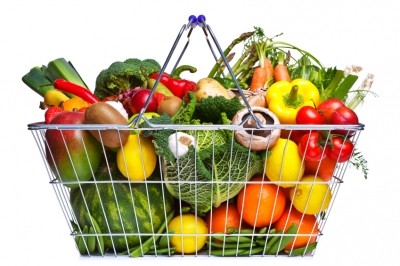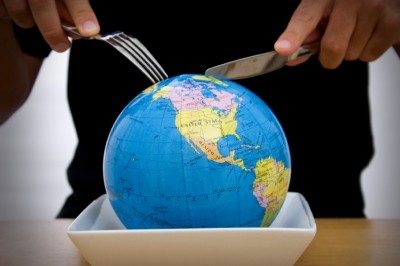A joined up response: Commission responds to Russian trade sanctions

Last week Russian Prime Minister Dmitry Medvedev announced a ‘full embargo’ on a number of categories of food from the EU member states, the US, Australia, Canada and Norway. The one year ban on imports in retaliation to Western sanctions brought against Russia in recent months is expected to have a serious impact on the European food and agricultural industry, with industry associations and experts warning that the sanctions could have dire consequenses for European food producers that have previously exported large quantities to Russia.
However, the European Commission has moved to reassure EU producers that measures are in place to help support them during a period of readjustment.
“I understand the concern expressed in the EU farming sector," said EU Commissioner for Agriculture and Rural Development Dacian Cioloș in a written statement.
"I want to underline that the Common Agricultural Policy has new and modernised tools to stand by them, as soon as it is needed, including our crisis reserve, which is already available now."
Cioloș said he is 'confident' that the EU's resilient farming and agricultural farm "will reorient rapidly towards new markets and opportunities," but added that there must be support to help this transition happen smoothly.
"This requires a joined up, European response," said the Commissioner. "I have spoken with Farm Ministers from across Europe, and in particular with Mr Maurizio Martina, Italian Minister for Agriculture, Food and Forestry, and Council President. In the current context, the most important is to react in a proportionate and rapid way should the situation arise."
"As always when market situations require, I have already instructed my Services to establish a Task Force to analyse the potential impacts sector by sector, and to assess how we can effectively provide meaningful support if and where this is needed."
"Second, my Services will today call a meeting of senior agricultural experts from all EU Member States, to take place next Thursday.“
Export importance
According to FoodDrinkEurope, the trade body representing Europe’s food and drink industry, Russia remains the EU's second most important food export market after the US. Exports of food and raw materials to Russia were worth €12.2 billion in 2013, following several years of double-digit growth.
“The structure of EU exports to Russia is quite diversified, with meat, dairy and beverages appearing as the most important categories; a large part of the EU food and drink exports to Russia come from Germany, the Netherlands, France and Poland, which means these countries are likely to be more affected,” said the European industry body, noting that EU food and drink products make up almost half of the total Russian food and drink imports, “which means that this ban will also have an impact on the Russian people.”
Meanwhile European farming and agri-cooperative association Copa-Cogeca urged the European Commission to take action over the export restrictions, warning that is unacceptable that the agriculture sector is bearing the consequences of the Crimean/Ukraine/Russian crisis.
"I am saddened that the EU farm sector has been targeted once more in this dispute with Russia,” said Copa-Cogeca secretary-general Pekka Pesonen.




















